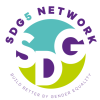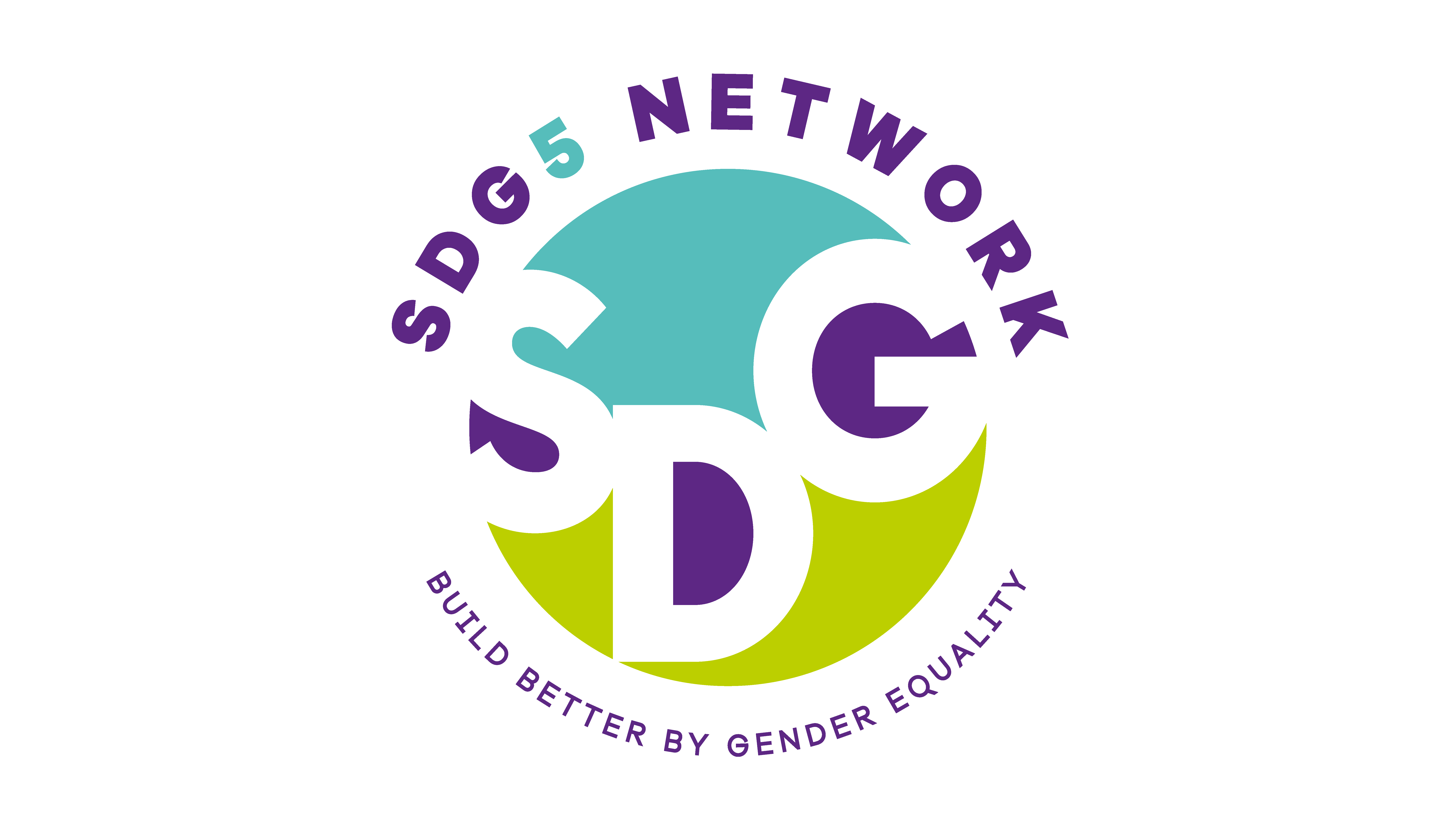SDG5 Network aims to build a better world by promoting Gender Equality. We believe that a better world is possible. A better academy is possible. In solidarity, we are committed to make this world a better place.

SDG5 Network
Build Better by Gender Equality
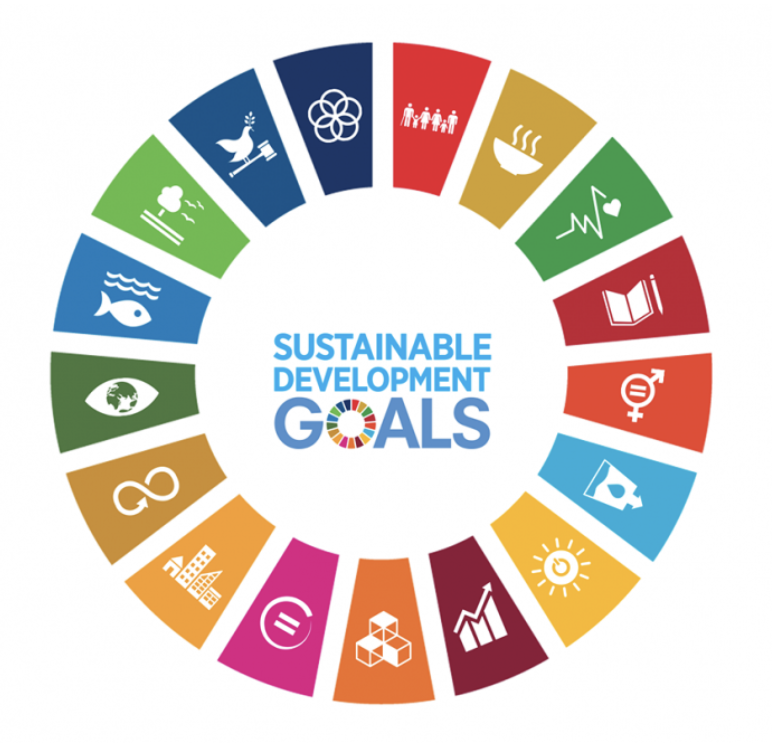
SDG5 Network advocates that none of the SDGs can be achieved in full capacity without gender equality. Gender Equality is one of the foundational pillars of sustainable world.
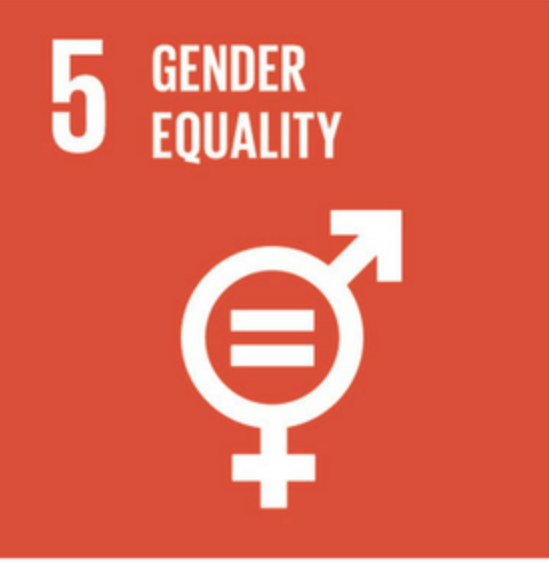
Gender Equality is the fundamental principle for building stronger, equitable and better communities.
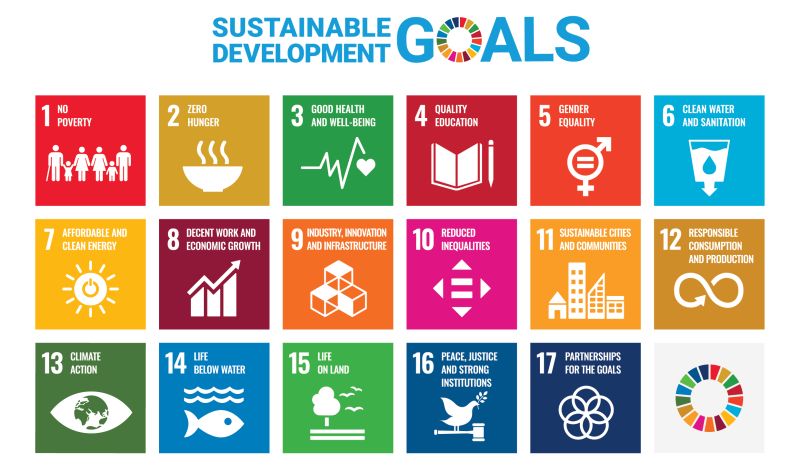
We teach Peace. We define peace and security as "freedom from want, freedom from fear, and freedom from indignity" for all people.
